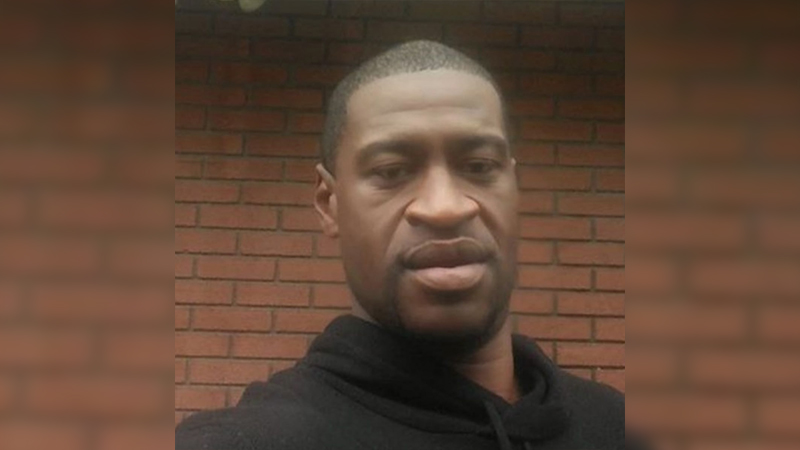What we have here is a failure to hold police remotely accountable

This is the nub of the problem. In a remotely functional system Derek Chauvin would have been fired at an absolute minimum many years ago:
In nearly two decades with the Minneapolis Police Department, Derek Chauvin faced at least 17 misconduct complaints, none of which derailed his career.
Over the years, civilian review boards came and went, and a federal review recommended that the troubled department improve its system for flagging problematic officers.
All the while, Mr. Chauvin tussled with a man before firing two shots, critically wounding him. He was admonished for using derogatory language and a demeaning tone with the public. He was named in a brutality lawsuit. But he received no discipline other than two letters of reprimand.
It was not until Mr. Chauvin, 44, was seen in a video with his left knee pinned to the neck of a black man, prone for nearly nine minutes and pleading for relief, that the officer, who is white, was suspended, fired and then, on Friday, charged with murder.
His case is not unusual. Critics say the department, despite its long history of accusations of abuse, never fully put in place federal recommendations to overhaul the way in which it tracks complaints and punishes officers — with just a handful over the years facing termination or severe punishment.
Even as outrage has mounted over deaths at the hands of the police, it remains notoriously difficult in the United States to hold officers accountable, in part because of the political clout of police unions, the reluctance of investigators, prosecutors and juries to second-guess an officer’s split-second decision and the wide latitude the law gives police officers to use force.
Police departments themselves have often resisted civilian review or dragged their feet when it comes to overhauling officer disciplinary practices. And even change-oriented police chiefs in cities like Baltimore and Philadelphia — which over the last few years have been the sites of high-profile deaths of black men by white officers — have struggled to punish or remove bad actors.
The fundamental problem here is that the de facto head of the police is usually the head of the police union rather than the chief or the mayor:
For context, the Minneapolis police force is overwhelmingly white and male. Ninety-two percent of them live in the suburbs–often the far suburbs. Their union chief, Bob Kroll, is a huge Trump supporter and open white supremacist. 5/— Lynnell Mickelsen (@lynnellmick) May 29, 2020
This is Simon’s department, but police unions need to be heavily restructured for meaningful reform to take place. [Buy his book!]


